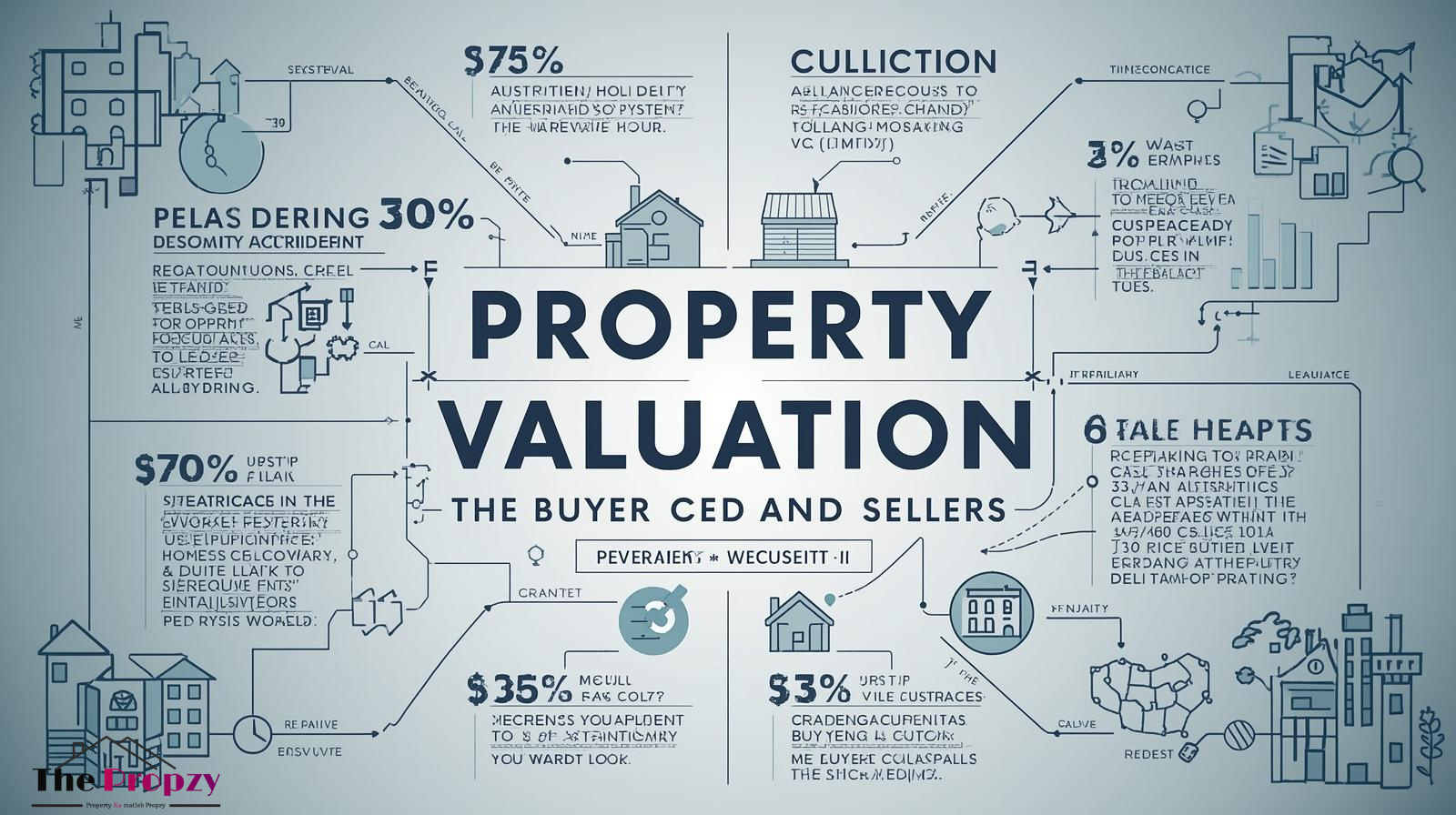Whether you’re buying your dream home or selling an inherited apartment, property valuation is the first step toward making an informed decision. Yet, many buyers and sellers overlook it — risking overpayment, underpricing, or legal complications. In 2025, with rising real estate transparency, knowing your property’s true worth is more crucial than ever.
1. What Is Property Valuation?
Property valuation is the process of determining the fair market value of a real estate asset. It factors in the property’s location, size, amenities, condition, and market trends.
Valuations are used for:
- Buying or selling negotiations
- Bank loans and mortgage approvals
- Property taxation
- Insurance purposes
- Legal disputes and inheritance settlements
2. Key Methods of Property Valuation
a) Comparative Market Analysis (CMA)
Compares your property to similar ones recently sold in the same area — the most common method for residential valuation.
b) Income Approach
Used mainly for commercial and rental properties — based on expected income generation (rental yield).
c) Cost Approach
Calculates the cost of rebuilding the property from scratch minus depreciation — useful for new or unique structures.
d) Government Circle Rate
A base value defined by state authorities for stamp duty — usually lower than market value but critical for legal transactions.
3. Factors Affecting Property Value
- Location: Connectivity, safety, and infrastructure.
- Size & Layout: Larger, Vastu-compliant layouts fetch higher prices.
- Amenities: Parking, lifts, clubhouse, power backup, and green areas.
- Builder Reputation: Trusted developers command premium pricing.
- Market Demand: Rising demand leads to appreciation; oversupply reduces value.
4. Why Valuation Matters
a) For Buyers
Helps ensure you’re paying a fair price, avoiding overpriced properties or fraudulent deals.
b) For Sellers
Accurate valuation ensures your property isn’t underpriced, helping achieve quicker and profitable sales.
c) For Investors
Valuation reveals the property’s potential ROI, rental yield, and appreciation scope.
d) For Legal and Financial Processes
Essential for taxation, will settlements, or taking bank loans.
5. Who Performs Valuation?
Certified valuers registered under the Wealth Tax Act or government-approved agencies perform professional valuations.
They provide detailed reports considering land value, construction cost, depreciation, and market comparables.
6. Modern Tools for Valuation
In 2025, AI-based real estate platforms and online valuation tools are gaining popularity. They use live market data, price indices, and trend analysis to give near-accurate results in minutes.
Conclusion
Property valuation is not just a number — it’s a safeguard for your financial decisions. Whether you’re an investor, buyer, or seller, understanding your property’s real worth ensures transparency, profitability, and peace of mind in every real estate transaction.






Join The Discussion